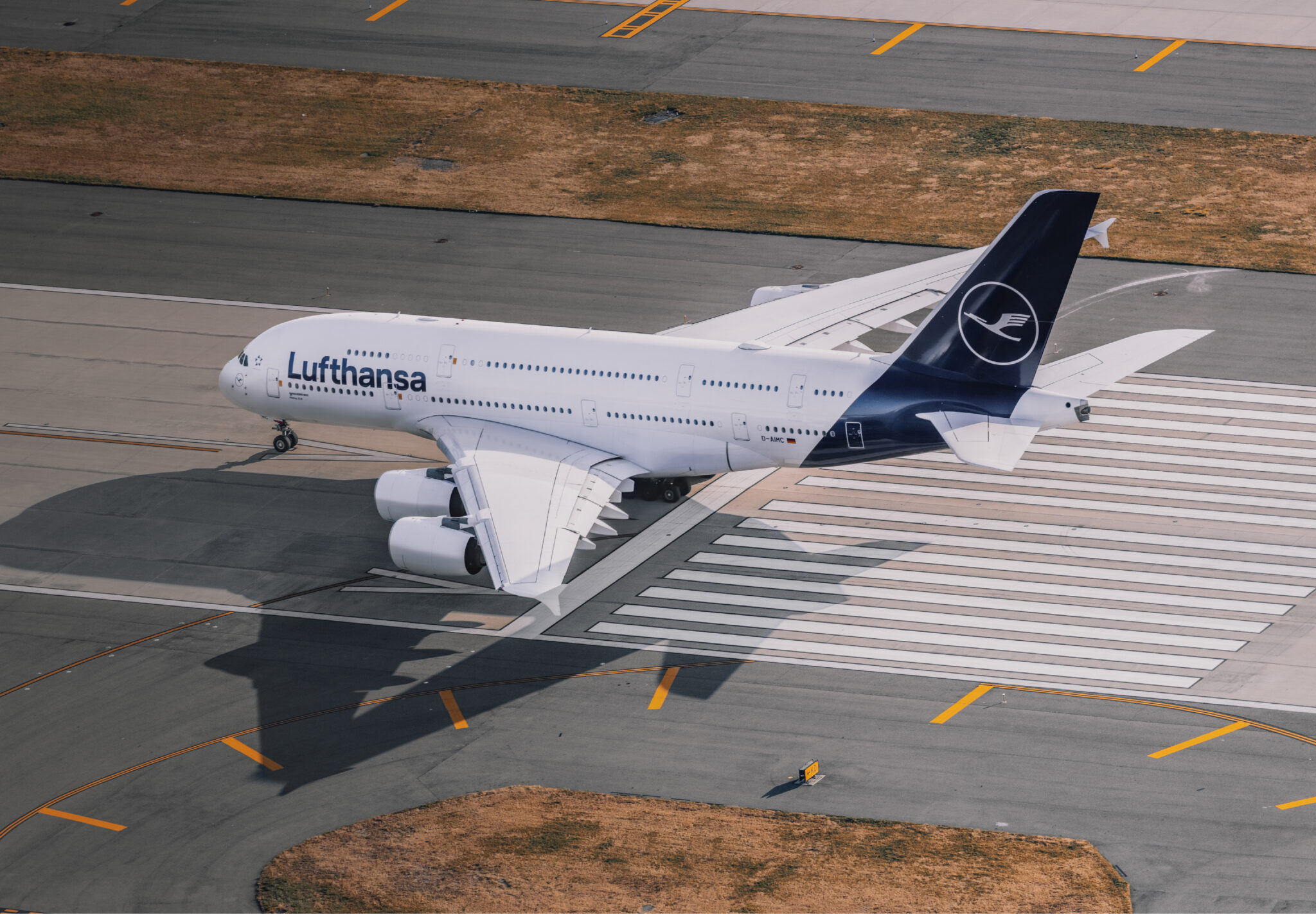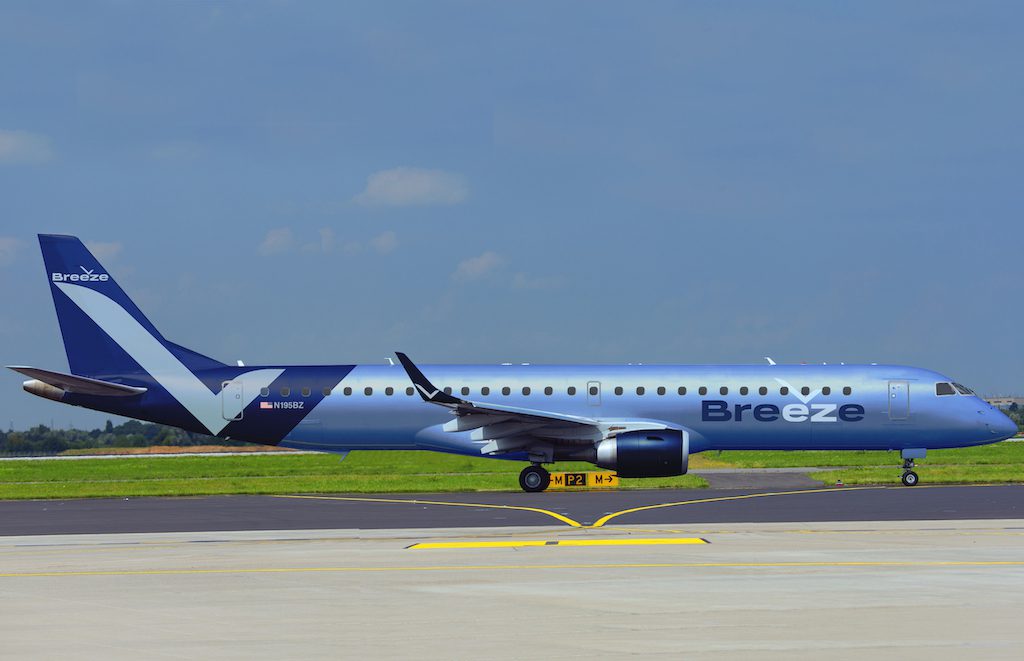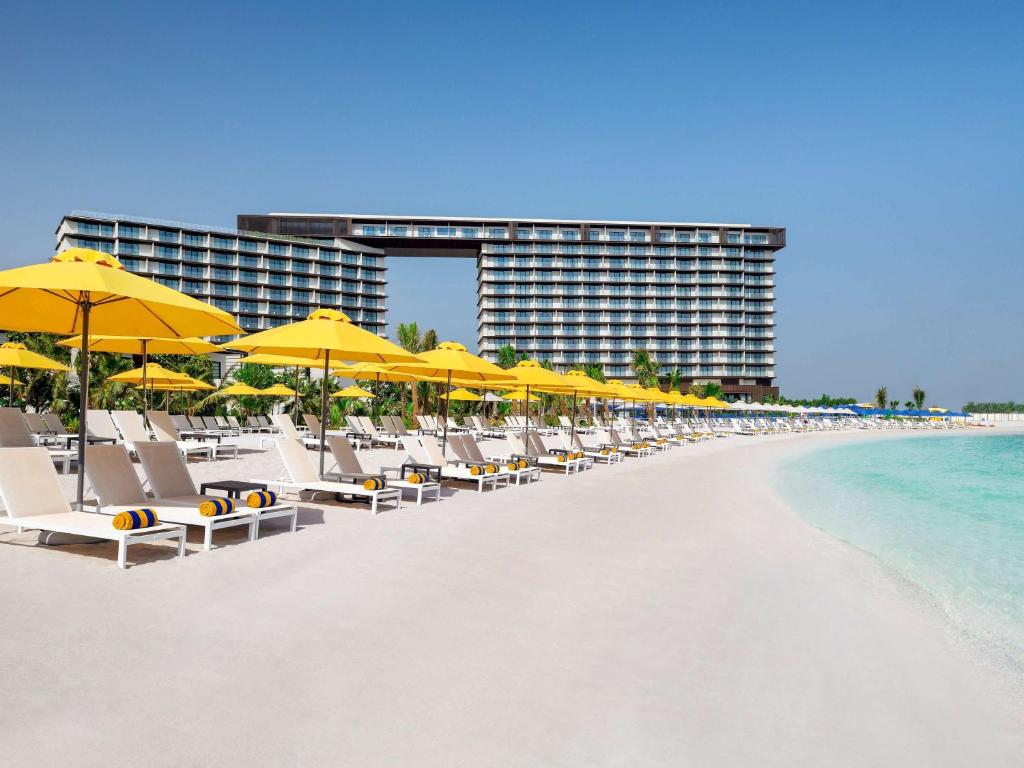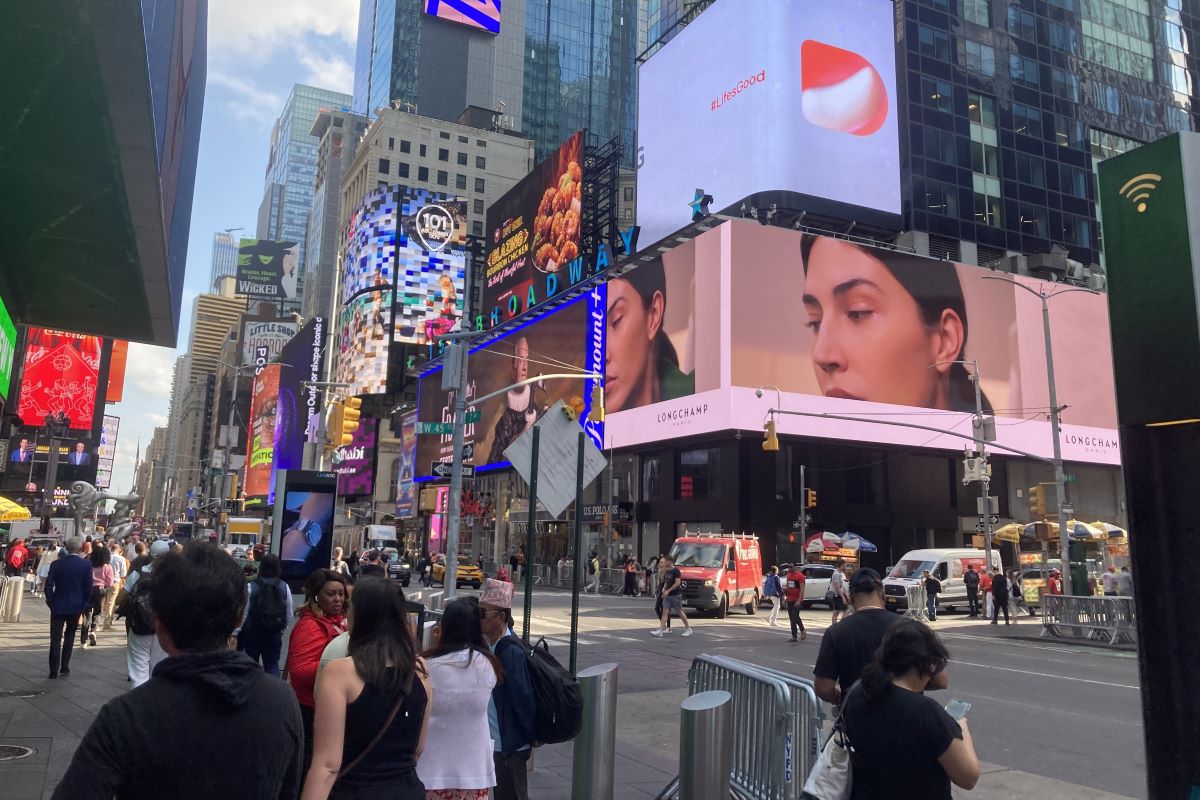Mumbai's Parsi cafe culture is a blend of people and cuisines
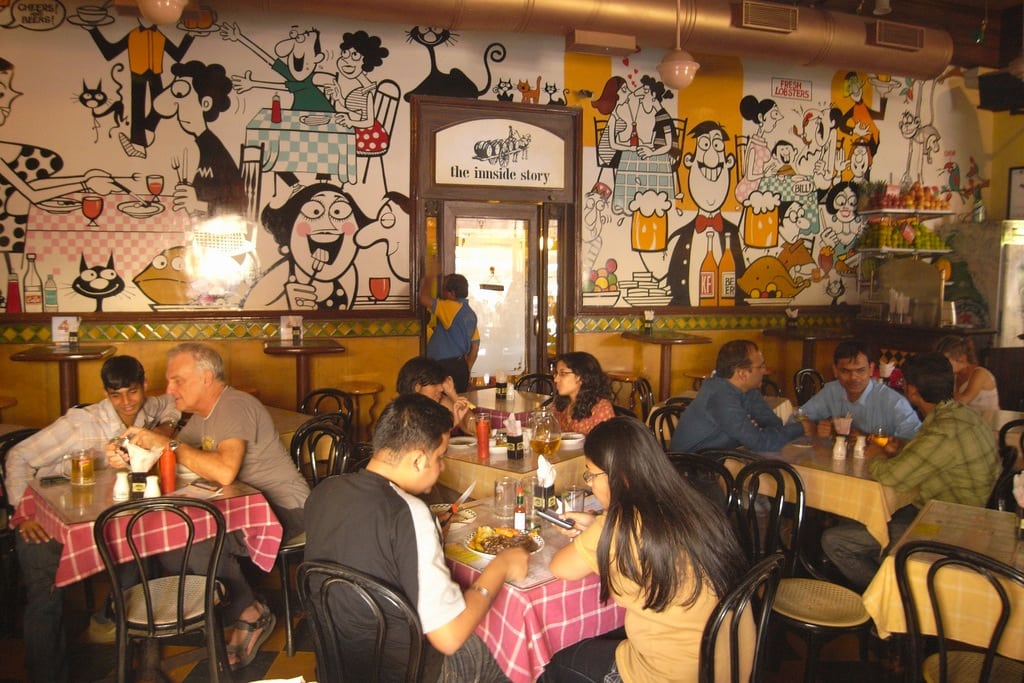
Skift Take
I eat the best creme caramel of my life in 26C heat, with life-sized cutouts of the Duke and Duchess of Cambridge smiling down at me from the dining room's slightly slanting balcony. A pigeon snoozes on the lone chandelier, dusty beneath peeling turquoise paintwork, and ceiling fans whirr above crowded, chattering tables. I'm sitting in Britannia and Co Restaurant (Wakefield House, 11 Sprott Road), one of the last remaining Parsi cafes in south Mumbai (or south Bombay as the locals so protectively still call it), and I'm full of food.
Opened in the 19th-century by Parsi settlers – Zoroastrians from Iran – these cafes, with their magnificently faded, time-capsule dining rooms and speciality dishes, are a gloriously eccentric part of the fabric of Mumbai. They are also democratic and inclusive places, where people of all backgrounds, classes and sexes meet, so you may find a Sikh next to a Hindu or Zoroastrian or a group of young female students dining alone.
They are also a dying breed. In 1950 there were about 550 of them, many of which grew from humble tea stalls; now only 15 to 20 are still open.
"It's so sad there are so few left," says British restaurateur Kavi Thakrar, who – along with his cousin Shamil and chef Naved Nasir – has created London's Dishoom restaurants in the mould of these cafes. The three are acting as my guides on a food tour of Mumbai, and between them know this city's cuisine inside out: Naved because he lived and cooked here for four years, and the Thakrars because they've spent chunks of time here visiting their grandparents. Shamil was married here in 2006, in a special syndicated ceremony he shared with six couples from the city's slums.
Dishoom's food has been inspired by the varied cuisine of this city – stories from its Parsi cafes have even been baked onto the restaurant's plates – and Shamil hopes to "transport a bit of this vintage Mumbai to London".
"Mumbai is a city of immigrants," he says through mouthfuls of the deep, almost cheesily creamy caramel and sips of fresh lime soda – a quenching mixture of lime juice, salt, sugar and fizzy water that's a must-order here. "It's a huge mix and the cafes are the greatest example of that."
On a wall, cultural tributes preside: a painting of Queen Elizabeth II next to a portrait of Mahatma Gandhi, both hanging beneath a gilt-framed picture of Zarathustra, the Zoroastrian prophet worshiped by the Parsis. This unlikely trio sums up the essence of the cafes: their legacy from the days of the Raj, their tolerance of all religions, and their Zoroastrian roots.
That the Britannia and Co resides in a corner site of the genteel Ballard Estate business district, in a grand, Renaissance-style building designed by Scottish architect George Wittet (famous for the city's Gateway To India monument) is no accident.
"Many of the cafes hold sought-after positions in prime real estate," says Shamil. "Hindus are superstitious about building on street corners, but the Parsis didn't mind. That's why they became such shared spaces and promoted tolerance."
But just as their prime positioning has ensured longevity, so it now threatens their future, since the children of the current proprietors – most of whom took over the cafes from their parents – are more interested in property prices than the 14-hour working days required to run them. It's unlikely, Kavi and Shamil tell me, that most of these cafes will exist long after the current owners pass on.
Britannia and Co. is open for lunch only, 12-4 pm every day except Sunday, and around us people are tucking into their chicken berry pulaos, this cafe's most famous dish (along with the creme caramel). It's a heavenly, sweet-sour confluence of fragrant pilau rice layered with moist chunks of chicken and a rich, spiced tomato sauce, topped with sour barberries, crunchy cashews and sweet, sticky caramelised onions. It's a recipe that, while recreated across the world (Dishoom has its own version, with cranberries), is a secret fiercely guarded by 91-year-old proprietor Boman Kohinoor, whose wife brought it with her from Iran.
Kohinoor has a keen sense of humour. "Welcome back to the home of your ancestors. They've been here for 300 years and we've all been very happy," he says when we're introduced, before vanishing momentarily, only to reappear with armfuls of laminated photographs, including one of a famous Bollywood actor, which he holds up. "He's a rascal," he says with a waggling finger. "He never brings his wife – always other actresses."
He proudly shows us letters from diners including George Bush Senior, Dick Cheney, and the Pope; one even carries the official letterhead of Windsor Castle. "Please give your Queen my love," he says, "We are very short on space but we'd love to fit her in when she returns to the city."
Born in 1923, the year his father set up the cafe, Kohinoor has worked here for the past 75 years, since he was 16, and he remembers a very different Mumbai from the now rapidly Americanising city: "There used to be 11 million people, now there are about 18 million, and there is so much pollution. Everything has gone up in price. In 1982 the berry pulao was 40 rupees, now it's 400." Which, at around £5 is still quite a steal, I almost point out, before glimpsing a sign above our table that reads, "Please do not argue with the management."
In the days that follow, we probably get through gallons of creamy, unspiced Parsi chai and sample the individual, freshly made food of several more cafes. Each cafe – apart from the touristy Leopold Cafe (near Electric House on Colaba Causeway, which still bears bullet holes from the 26/11 attacks, and Café Mondegar (Metro House, 5-A Shahid Bhagat Singh Road, Colaba) – is crumbling in its own special way, each tangibly Parsi, with Zarathustra overseeing proceedings.
At Yazdani bakery and cafe (Fountain Akbar Ally, Saint Thomas Cathedral), we taste Mumbai's best brun maska, hot toasted white buns slathered in melted butter with crunchy crusts that we dip into hot chai – the bread melting in the mouth like brioche. Yazdani is known for its baked goods, which it has been making since the early 1950s.
Owner Parvez Irani takes us into the bakery (which is usually strictly off-limits to females). It's a 24-hour operation where a dozen or so bakers live in the rafters above the wood-fired ovens they tend day and night.
Naved says: "It's difficult to choose a favourite cafe because each one is known for its own dishes." But he's particularly enamoured with the deeply savoury, pleasingly fatty kheema pau (spiced minced lamb) at Radio (Building No 10, near Crawford Market), the most dilapidated of the places we visit. It is known to hold favour among the city's gangsters, and eating on its worn, wooden tables, dwarfed by a cavernous, crumbling ceiling in the near darkness, you can sense that it could harbour a certain menace.
"This is the best kheema pau in Mumbai," declares Naved, scooping up the glistening meat with thin slices of red onion and the pau – the white fluffy bread buns found in all Parsi cafes. He has created his own version of this dish.
"They haven't put any tomato in this," he says. "It's rich with ghee, garlic, ginger, coriander powder, chillies, peas and garam masala." From now on the kheema pau at Dishoom will be sans tomatoes.
Kyani and Co (JSS Road, Dhobi Talao, Kalbadevi) is a more convivial set-up, with prettily engraved dark-wood panelling, dappled mirrors, Scandinavian bentwood chairs and chipped mosaic flooring. As well as its confectionary and baked goods – almond sponges, wine-flavoured biscuits and decorative cakes – this place is known for its breakfasts, and has a long, rambling egg repertoire that includes paneer bhurjee (stir-fried eggs), mutton scrambled eggs, and the repellent-sounding "half fry egg".
"There's a tradition of bodybuilding in Parsi culture," says Kavi, "hence all the eggs." Sure enough, on the far wall are some sepia photos of triumphantly muscular Iranians. Amid students and locals we hoover up plates of the akuri, masala scrambled eggs, which are flecked with tomato, onion, turmeric, chilli and coriander, and dip our butter-soft brun maska into the chai.
Owner Farooq Shokri is the third generation of his family to run the cafe, taking over in 2000. He shows us a stained, concise menu from 1975 – pointing out how he's extended it to help cover the steeply rising rents – as well as a remarkable ink drawing of his father by the painter and film director MF Husain: relics that, like the cafe itself, it would be tragic to lose.
"I'm the only one left," says Shokri. "I don't think about what happens after me. I just carry on."
The trip was provided by Dishoom (dishoom.com). British Airways (0844 493 0787, ba.com) flies from Heathrow to Mumbai from £499 return
![]()

